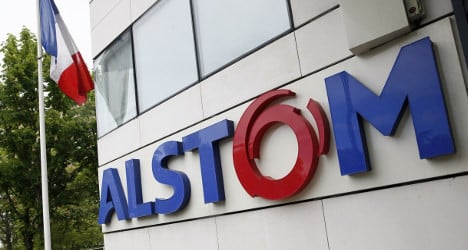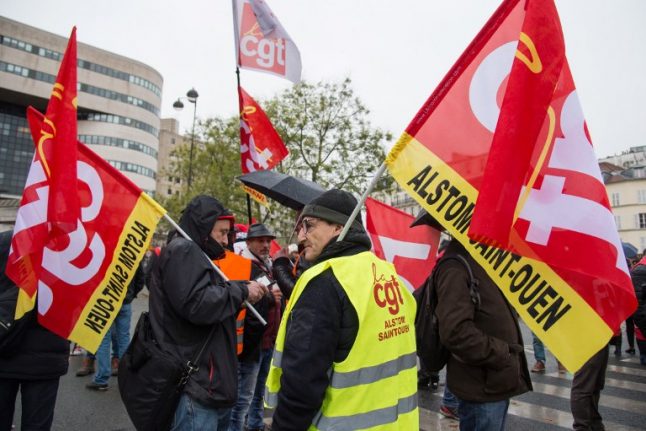France's Economy Minister Emmanuel Macron on Wednesday authorised the sale of most of Alstom's energy assets to US group General Electric, clearing the way for a deal worth almost $17 billion.
"Emmanuel Macron … today gave his authorisation to General Electric (GE) for the realisation of its investment project in France with Alstom and the creation of an industrial alliance between the two groups in the energy sector," said a statement from his ministry.
A shareholders' general meeting would be held on December 19 on the deal, the French company said.
French government approval of the deal was needed because of a May decree that gives Paris veto rights over foreign bids for "strategic" French companies, notably those in the energy and transport sectors.
Alstom is involved in power generation and building rail systems.
The economy ministry said it was satisfied that "state interests" in France's nuclear activities and energy security were "fully taken into account" under the deal.
GE in June won a fierce two-month battle to buy most of Alstom's energy assets, which represent around 70 percent of the French conglomerate's revenues, for $16.9 billion (worth €12.35 billion at the time).
Alstom, which plans to concentrate more on its rail business, will buy a railway signalling unit from GE, and the two groups will start joint ventures to develop renewable energy, electricity grids and steam turbines.
The French group on Wednesday released its half-year fiscal results for April to end-September that showed a 32 percent drop in net income to €255 million.



 Please whitelist us to continue reading.
Please whitelist us to continue reading.
Member comments